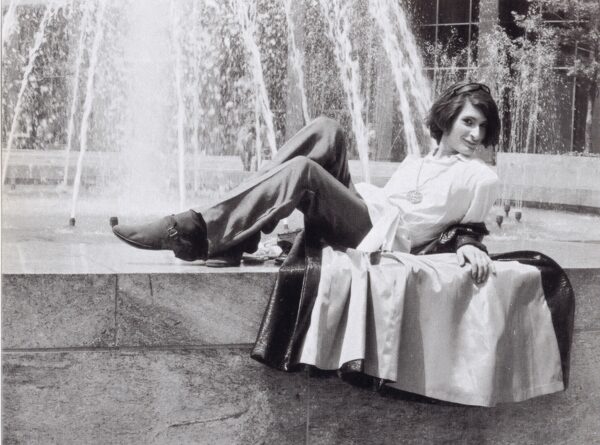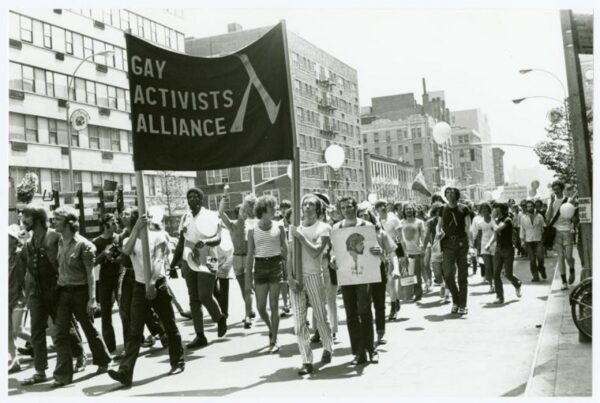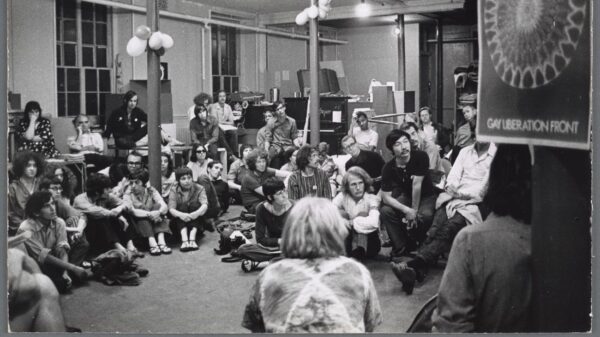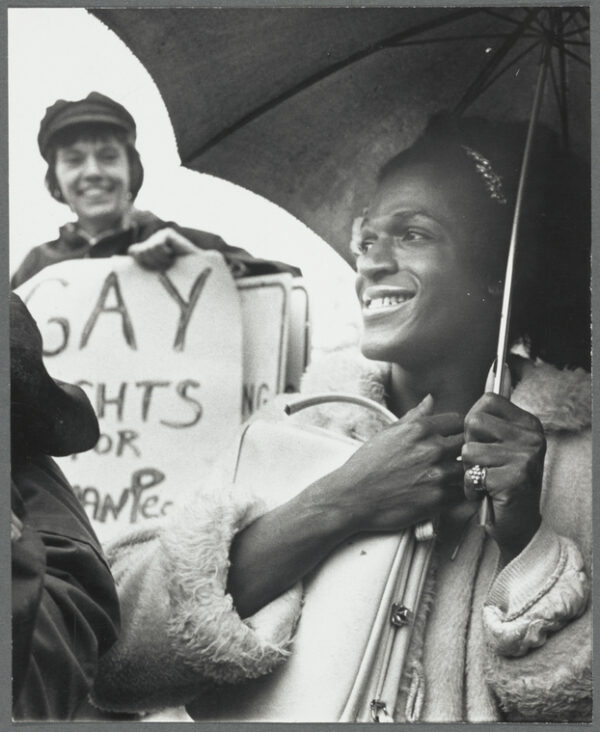The Stone Wall Uprisings refer to a series of protests and clashes that took place on June 28, 1969, at the Stone Wall Inn, a gay bar located in the Greenwich Village neighborhood of New York City. This historic event, known as the Stone Wall Uprisings, was fueled by the courageous actions of individuals like Marsha P. Johnson, Sylvia Rivera, Stormé DeLarverié, and Miss Major Griffin-Gracy.
During the 1960s, attitudes towards homosexuality were largely negative, and LGBTQ+ individuals faced widespread discrimination and mistreatment. Homosexual acts were considered illegal in most states, and the LGBTQ+ community often faced harassment and violence from law enforcement.
The Stone Wall Inn was one of the few establishments in New York City that welcomed gay patrons and one of the only gay bars that welcomed trans men and women. However, it was also subjected to frequent police raids as authorities sought to enforce laws criminalizing same-sex activities. For example, a 1959 New York State Liquor Authority campaign aimed to shut down any bar that knowingly served “prostitutes and homosexuals.”
In response, the Mattachine Society held a “sip-in,” modeled after the largely successful Black student activists’ “sit-in,” on April 21, 1966. Three Society members (Dick Leitsch, Craig Rodwell, and John Timmons) filed successful discrimination lawsuits after a bar refused to serve them when they stated they were gay. As LGBTQ+ efforts to push back against discrimination ramped up, new discriminatory laws and city ordinances continued to be pushed by government officials. By the summer of 1969 raids on gay bars remained common, but what happened on June 28, 1969, sparked an uncommonly fierce response from the patrons of the bar.
That evening, when police officers entered the Stone Wall Inn to conduct yet another raid, the frequent patrons like Miss Major Griffin-Gracy and Stormé DeLarverié decided they had had enough. They refused to cooperate, resisted arrest, and gathered outside the bar instead of dispersing. What began as a spontaneous act of defiance quickly escalated into a full-fledged uprising as more people joined the protest. Over the next several days, the protests continued, drawing a diverse crowd of LGBTQ+ individuals, activists, and supporters. Anger at the unjust treatment and systemic oppression gave rise to demands for equal rights and an end to discrimination.
After the raid was already underway, Marsha P. Johnson and Sylvia Rivera arrived at the Stonewall around 2:00 am. The two joined in the fray and, in the following days, became prominent members of the increasingly well-organized activist movement. Indeed, the significance of the Stone Wall Uprisings cannot be overstated. It was a catalyst that galvanized the LGBTQ+ community, spurring the formation of advocacy groups and a burgeoning civil rights movement in New York city and beyond. Activists saw the need for change, and the protests at the Stonewall Inn acted as a rallying cry for social justice. Following the uprisings, LGBTQ+ rights organizations began to form across the country, advocating for an end to discriminatory laws and attitudes. The events of that night in June 1969 sparked a wave of activism that eventually led to significant progress in the fight for LGBTQ+ equality.
Since the Stone Wall Uprisings, June has been recognized as Pride Month, a time when LGBTQ+ communities and their allies come together to celebrate the progress made and continue the ongoing fight for equal rights. Today, the Stone Wall Inn stands as a symbol of resilience and strength. It has been designated as a National Historic Landmark and serves as a reminder of the power of collective action in the face of injustice. The events of June 28, 1969, continue to inspire and remind us of the ongoing struggle for equality and acceptance.



